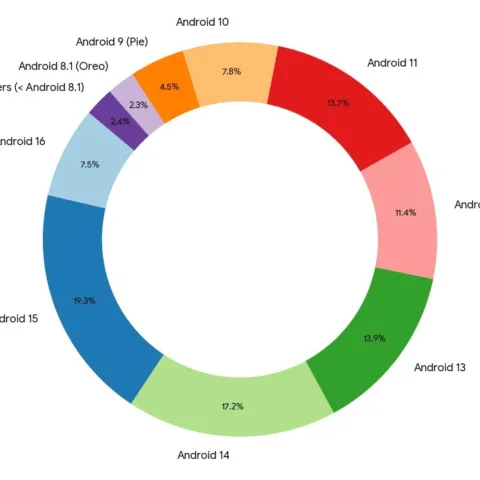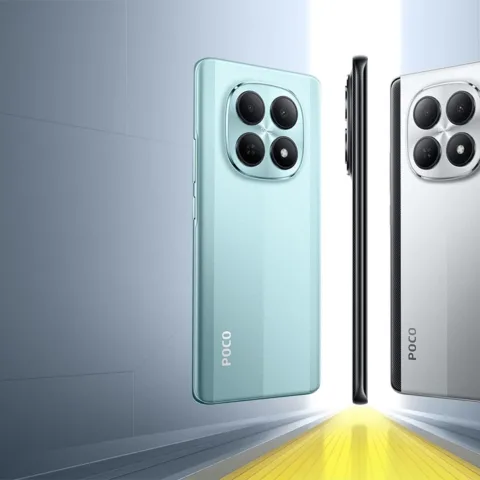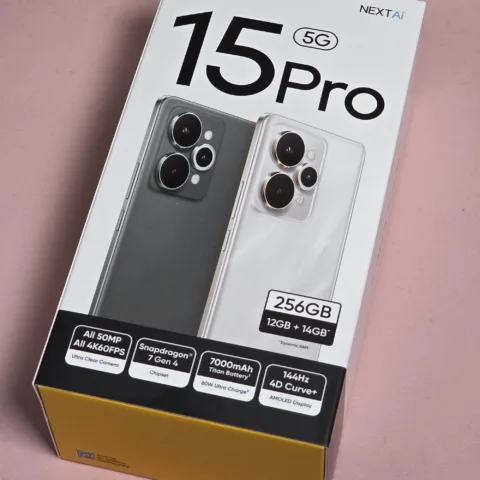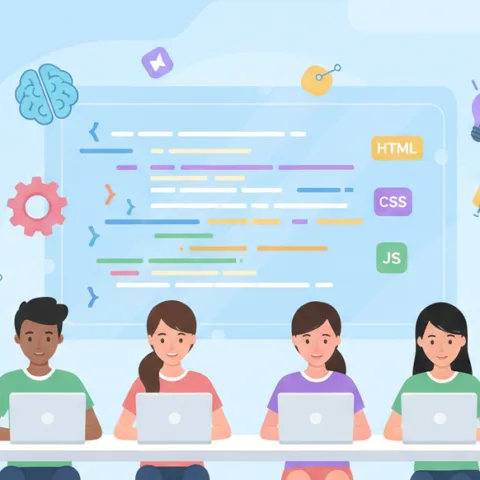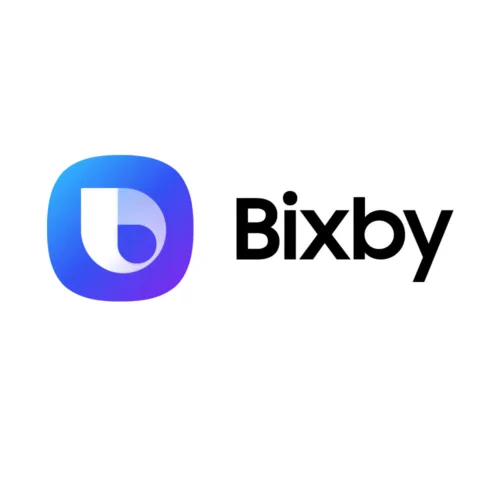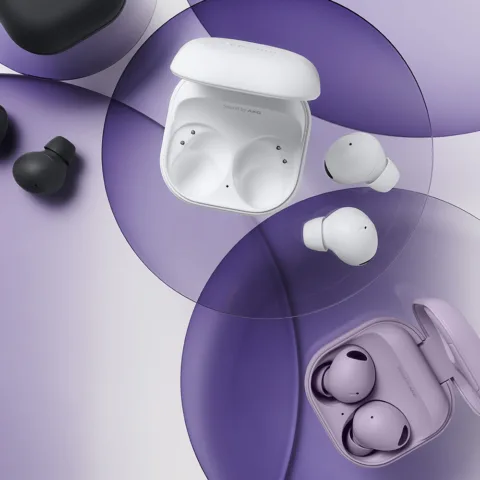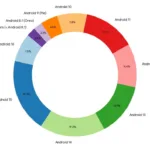During BlackBerry Live, CEO Thorsten Heins announced the availability of BlackBerry Messenger (BBM) for iOS and Android this coming summer. To use the free BBM service will require iOS 6 or Android 4.0. Aside from being multi platform, BlackBerry will also introduce BBM Channels which acts as special channels for brands and celebrities to interact with their fans.
According to BlackBerry’s official blog post, BBM users on IOS and Android will be able to participate in real time chats, multi-person chats, share voice notes, and use the groups feature.
This was a surprising development even though it had been subject of previous discussions because BBM had until now been an exclusive messaging platform for BlackBerry. What does the company expect by opening its most popular service to competing platforms? Doesn’t this stop consumers from having to purchase a BlackBerry and simply use their existing iOS or Android device if they need to use BBM?
There’s a number of reasons we can think of but I think that BlackBerry wants to remain the main preference for BlackBerry users to interact with people using other mobile platforms as other messaging services continue their onslaught. BlackBerry claims there are more than 60 million BBM users. This number doesn’t seem to be that many when compared to the number of users on WhatsApp, WeChat, Line, and KakaoTalk.
As a pioneer in the field of IP-based mobile messaging apps, BlackBerry certainly would like to remain relevant and expects to have more consumers using the service, including those not on BlackBerry.
The question is, what good does it do for BlackBerry if it’s gets to be used by more consumers? BlackBerry might want to prove that its servers can handle the load or are even better compared to its competitors in delivering real time messages. The question is whether BlackBerry ail monetize the service if it becomes more popular.
With the free service, there’s no revenue from BlackBerry Internet Service from BlackBerry 10 nor from BBM apps on other platforms, so one thing that crosses the mind is an in-app purchase scheme such as stickers, themes, or additional features which might draw interest to purchase them.
The Verge says that while it’s interesting, the idea of multi platform BBM is too late because Android and iOS already dominate and alternative apps to BBM is plentiful. Personally I see that outside of the United States, such as in England, Asia, and South America, BBM is still relevant and those are the markets that BlackBerry is after.
In Indonesia, consumers are already moving towards another apps and platforms. Whether BBM apps will receive a positive acceptance can be seen from the list of popular apps on the App Store and Google Plat. Of course, the choice is now on the consumers’ hands, not on BlackBerry, which was still the messaging champion three years ago with its exclusive service.
[Image from The Verge]
This mobile channel is brought to you by Samsung Developer Competition 2013. SDC ’13 is an app competition for Android apps that leverage Samsung’s mobile technologies. For more information please visit http://techne.dailysocial.net/

